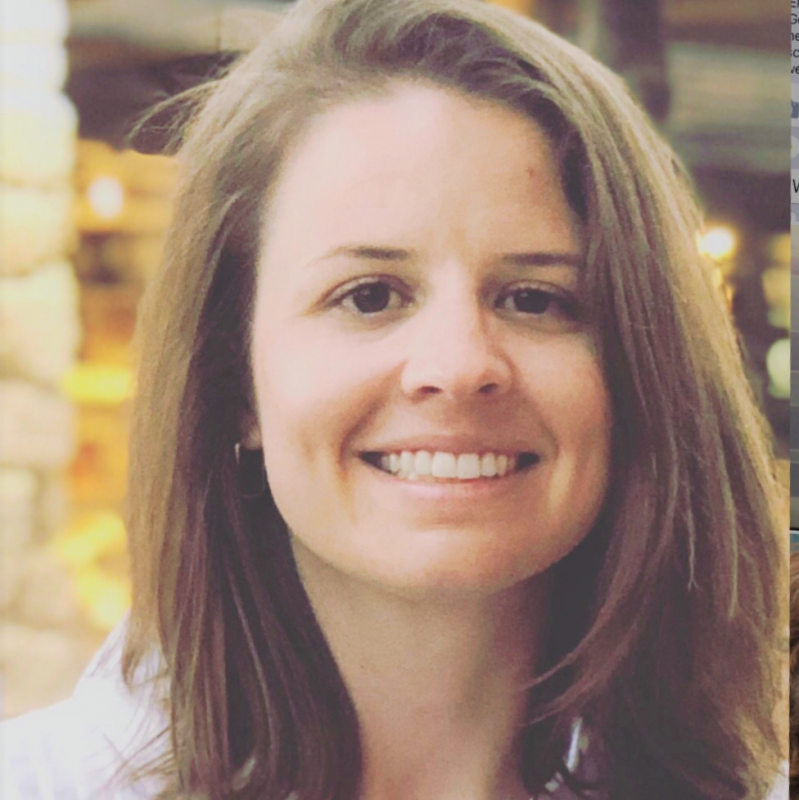 Tara Jayde Nail completed most of her education in Georgia: graduating from Swainsboro High School, earning a B.S. in psychology from Georgia Tech, completing an M.D. from Medical College of Georgia. For her medical residency, Jayde traveled north to Boston in 2016, to begin her training as a neurosurgical resident at Tufts Medical Center.
Tara Jayde Nail completed most of her education in Georgia: graduating from Swainsboro High School, earning a B.S. in psychology from Georgia Tech, completing an M.D. from Medical College of Georgia. For her medical residency, Jayde traveled north to Boston in 2016, to begin her training as a neurosurgical resident at Tufts Medical Center.
A surgical resident’s life is tough: The normal work day spans at least 12 hours, with many extending to 24 hours, and each day brings a different challenge. Residents push through exhaustion in service of patients, powered by the times that patients are cured and lives are saved. That’s what Jayde is training for.
How did Georgia Tech prepare you for your current position?
I often tell people that Georgia Tech more than prepared me for my medical career, because the main skill I learned at Georgia Tech was how to think critically. I became comfortable facing new problems, because I was confident that I could solve them with my knowledge. This skill served me well in medical school and continues to serve me well daily at the patient’s bedside.
What is a typical day in your current position?
The residents work as a team. We begin with rounds at 6 AM. We discuss each patient and go over their plans for the day. Then we assist in cases in the operating room or treat patients as a consultant.
As residents, we are the front line to patient care, and we spend each minute of every day putting their needs first. We leave only when all the work is done.
What has been the greatest challenge in your professional life so far?
It is challenging to show up each day when you often feel defeated. I have overcome this by reminding myself how many people have been in my shoes before. Remember and learn from the lows but live on the highs. Each patient deserves your best, so you must move forward.
What has been the most gratifying experience of your professional career so far?
That would be the first time I helped perform a life-saving craniotomy. The patient was in her late 20s, and she came to us unresponsive. Within eight hours of the operation to remove the blood clot compressing her brain, she was awake, talking, and moving both of her arms and legs.
It hit me right in the face that day that when I am done training, I will have the ability to save lives. I can truly give people their life back. And there’s no greater feeling than that. For this reason, I am currently pursuing a fellowship in neurotrauma and neurocritical care.
What is the most important thing you learned at Georgia Tech to make you successful professionally?
Using my knowledge base to solve a new problem is the greatest skill that I learned from Georgia Tech. Each class and each professor helped me develop that skill.
What is your next goal in your career path?
My next goal is to graduate residency. Then I’d like to find a job that allows me to focus in neurotrauma. I am currently completing a fellowship in neurotrauma and neurocritical care to help best prepare myself.
What career advice would you give to current students at Georgia Tech?
Find that thing that you love to study, and choose to study it for the rest of your life. And that thing that you hate studying? Study it anyway, and teach yourself why it matters. Because it does.
What is your most vivid memory of your time at Georgia Tech?
It was the last time I walked out as a student. That was so bittersweet. I still miss it.
What’s something about yourself that’s not obvious to your colleagues?
My love for 2000s rap/hip hop.
If you could have dinner with any person from history, whom would you invite?
Anne Lister. She lived at the turn of the 19th century as a landowner and a diarist. She is known as the first modern lesbian. I want to thank her for being brave enough to be herself.


